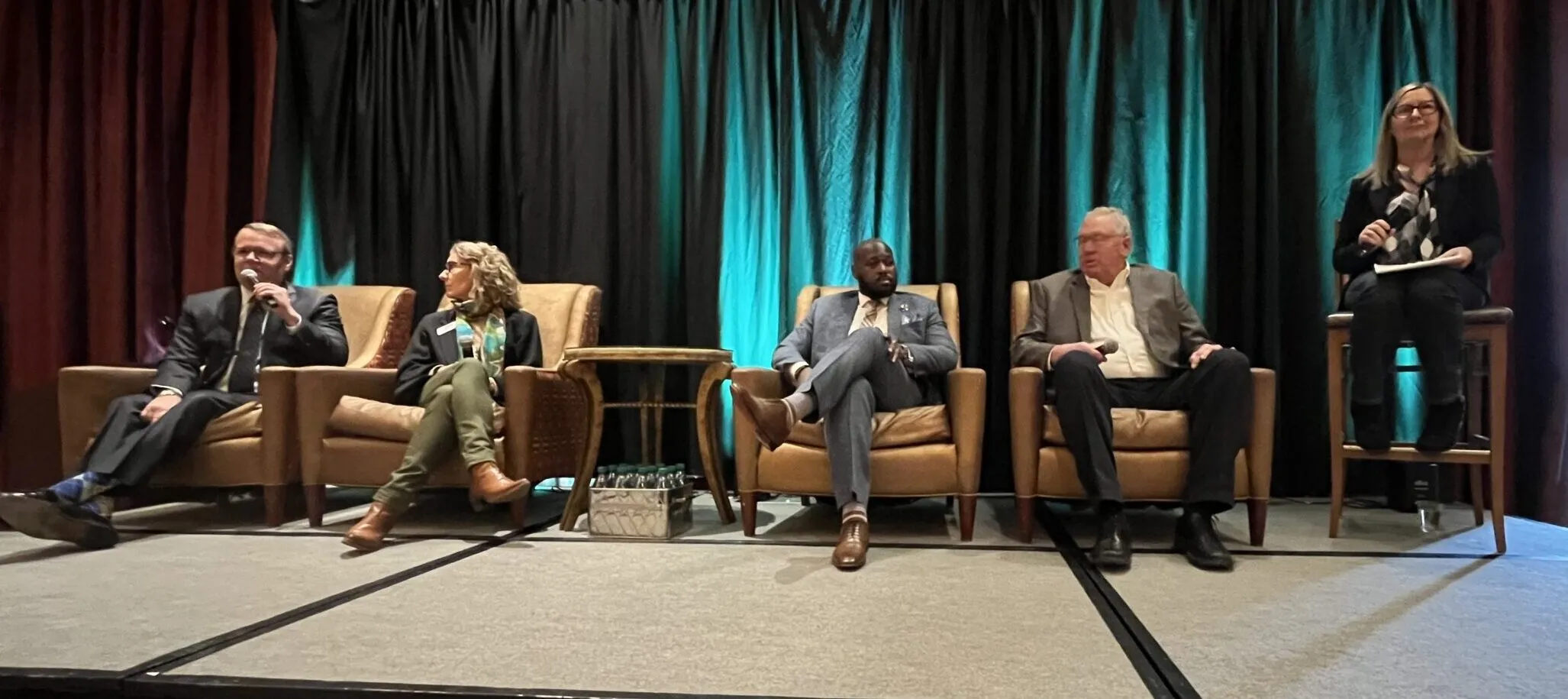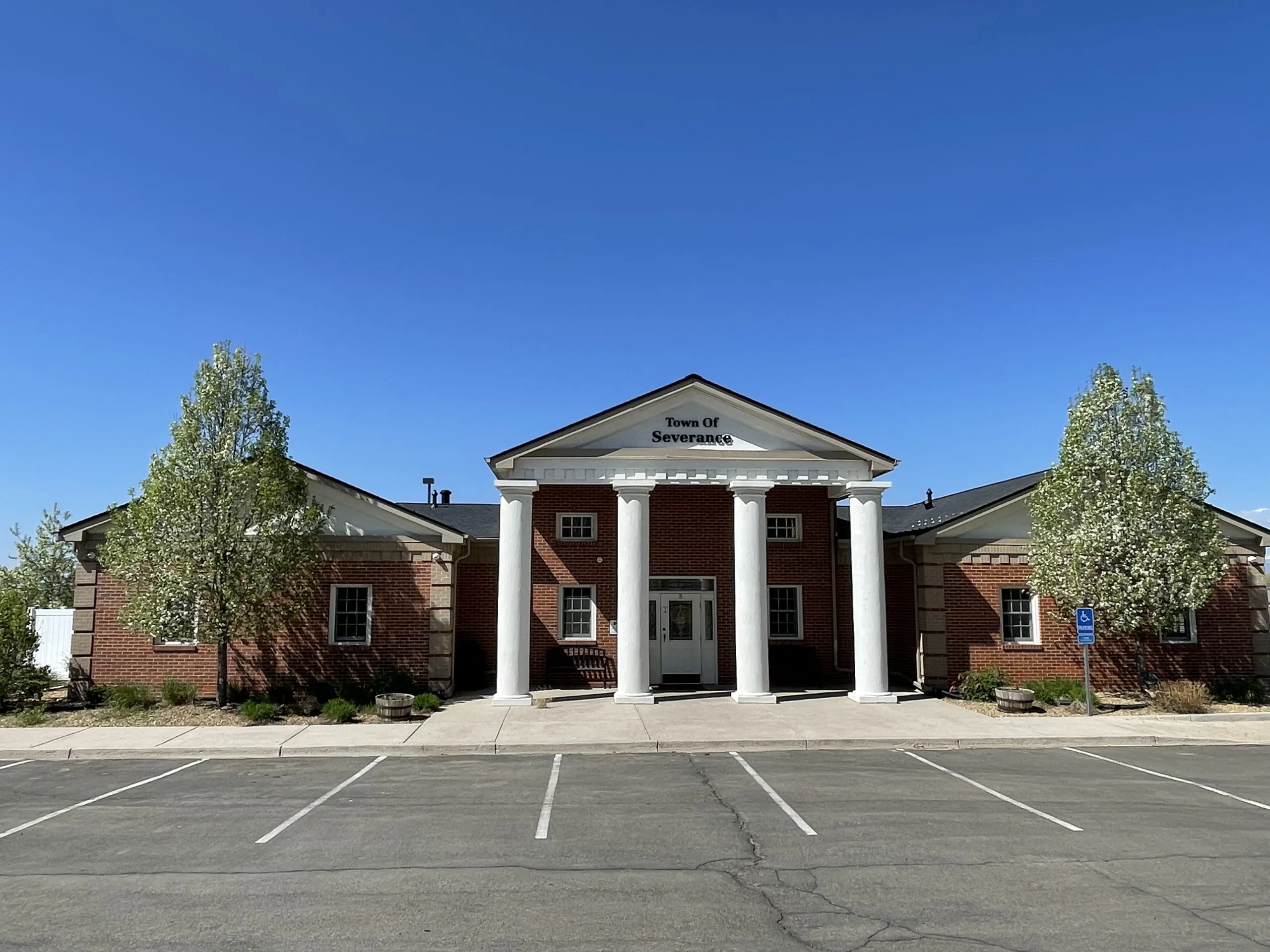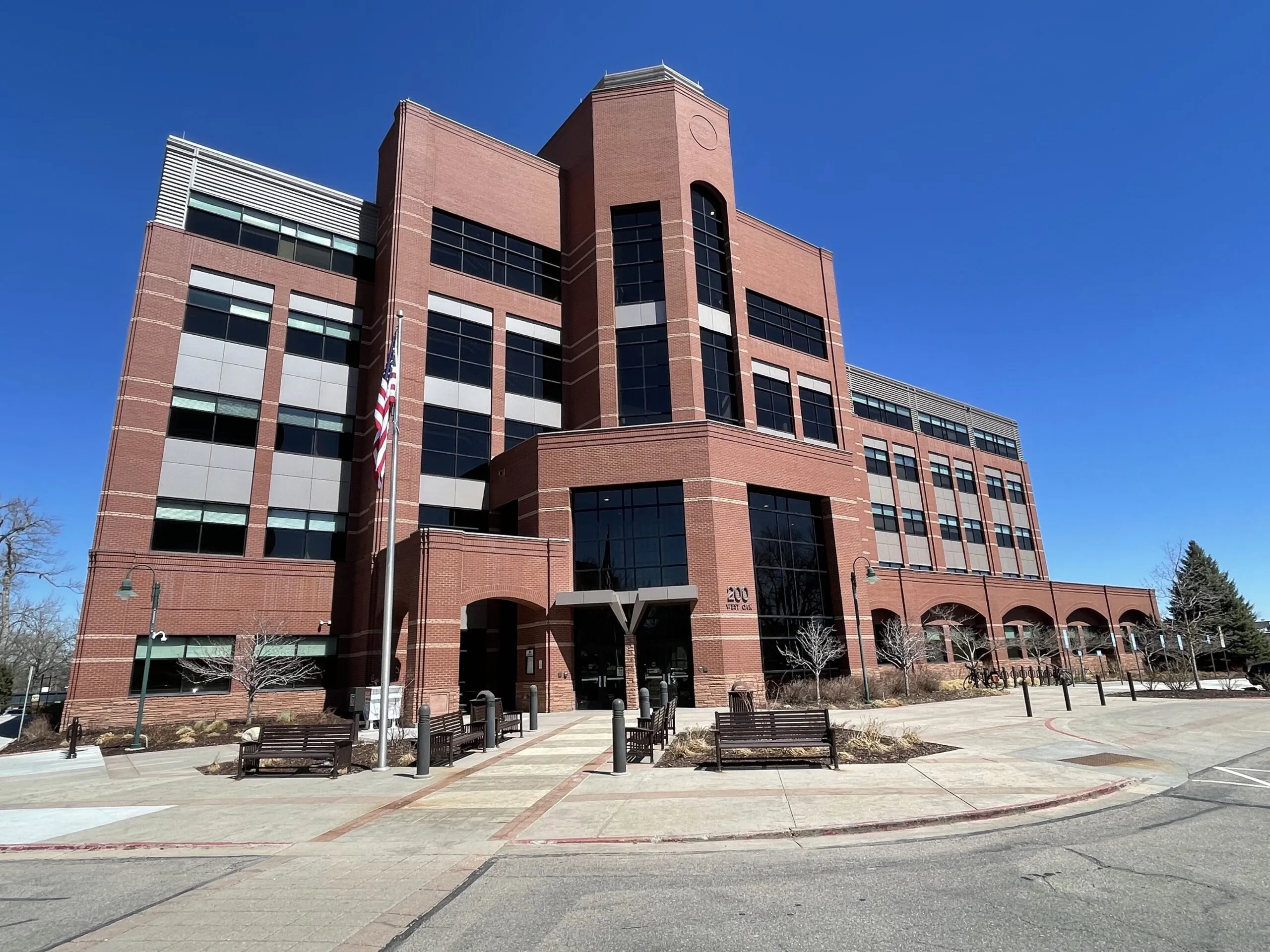NoCo Foundation convenes regional issues discussion

LOVELAND — The issues that come from growth, or are aggravated by growth, were on the minds of supporters of the Community Foundation of Northern Colorado as it convened discussions on Tuesday about its Northern Colorado Intersections research report.
And after a couple of hours of identifying and prioritizing issues, participants of one of the panels were left with a common emotion.
Hope.
SPONSORED CONTENT
“I’m happy to see a room full of people willing to work on how we’re growing as a region. This room gives me hope,” said Greeley city manager Raymond Lee. Lee participated in an industry sector panel that included Andy Feinstein, president of the University of Northern Colorado; Tracy Mead, co-chair of the Nonprofit Sector Partnership; and Jay Dokter, general partner of the Forge Campus in Loveland. Erin O’Toole from KUNC public radio moderated the discussion.
Other members of the panel concurred with Lee.
Mead said that while the nonprofit sector is sometimes not included in discussions about regional issues, she said that Tuesday’s discussion “gives me hope to have the issues raised,” issues that she said nonprofits have been building missions around for many years.
Feinstein, drawing on work UNC is doing to create an osteopathic medical school, said he’s hopeful that health care needs of the region will be better met as more doctors are trained.
And Dokter said that the willingness of a roomful of people (estimated at 350) to take a half day off work to address regional issues gave him hope.
The foundation convened Tuesday’s session to showcase its Intersections report, which in a single document attempts to pull together data from Larimer and Weld counties that helps to inform what the region faces as it continues to grow.
Growth, as Lee noted, “is a gift and curse,” because growth provides opportunity but it also adds to regional challenges with water availability, housing shortages and costs, child care access, homelessness, adequate transportation and more.
The sector panel, and a panel of mayors from Loveland, Greeley, Windsor and Fort Collins before them, were not afraid to identify issues and support collaborative efforts to solve them.
Take child care.
Dokter said he was impressed by the actions of the Yoder Family of Companies in Greeley, which created its own child care program in order to meet the needs of its employees. Dokter visited the Yoder facility and learned how willing that company is to share the lessons learned in creating the new service for its employees. Other employers, Dokter said, might consider their own programs to meet this need.
Workforce issues were top of mind for Dokter, who is an advocate of “onshoring,” the process of bringing manufacturing back to the United States. As job opportunities grow, companies are faced with large numbers of retirements as the Baby Boomer generation leaves the workforce.
“The workforce is getting squeezed,” he said, noting that incomes haven’t kept pace with expenses, and as child care and transportation have taken bigger slices of the paycheck.
“We’ve known the Boomers were going to bail, and now they have,” Mead said. “We can no longer turn our heads from the barriers.”
Those barriers become easier to deal with when a regional focus is used, and a regional approach can help prevent a problem from moving from one community to another, Lee said.
And beyond geography, the region needs to harness industry sectors. “To impact change, leaders have to come together from nonprofits, business, education, government. They need to pick one thing and work together on this one thing,” Dokter said.
Workforce training may be a low-hanging fruit, Lee said, because of the universities and community colleges in the region.
Mead said, “We need to bring more college credits into the high schools and make it easy for kids to get credentials for living-wage employment” upon graduation.
Feinstein said he’d like to see UNC “leverage our faculty” to help in that workforce development.
“How do we take actionable steps, and follow up on these things,” Lee asked. “I wish we had more time.”
Panel members agreed that a strategic plan is needed for the region to handle its growth.
“And maybe it’s already started,” Feinstein said, noting that elements of a strategic plan are embedded in the foundation’s Intersection’s report.Kristin Todd, president and CEO of the Community Foundation of Northern Colorado, said Tuesday’s session was the first of several anticipated over the coming months. She said that people interested in continuing regional discussions can find information on the foundation’s website, which will update the Intersections report as new information becomes available.
The issues that come from growth, or are aggravated by growth, were on the minds of supporters of the Community Foundation of Northern Colorado as it convened discussions on Tuesday about its Northern Colorado Intersections research report.





